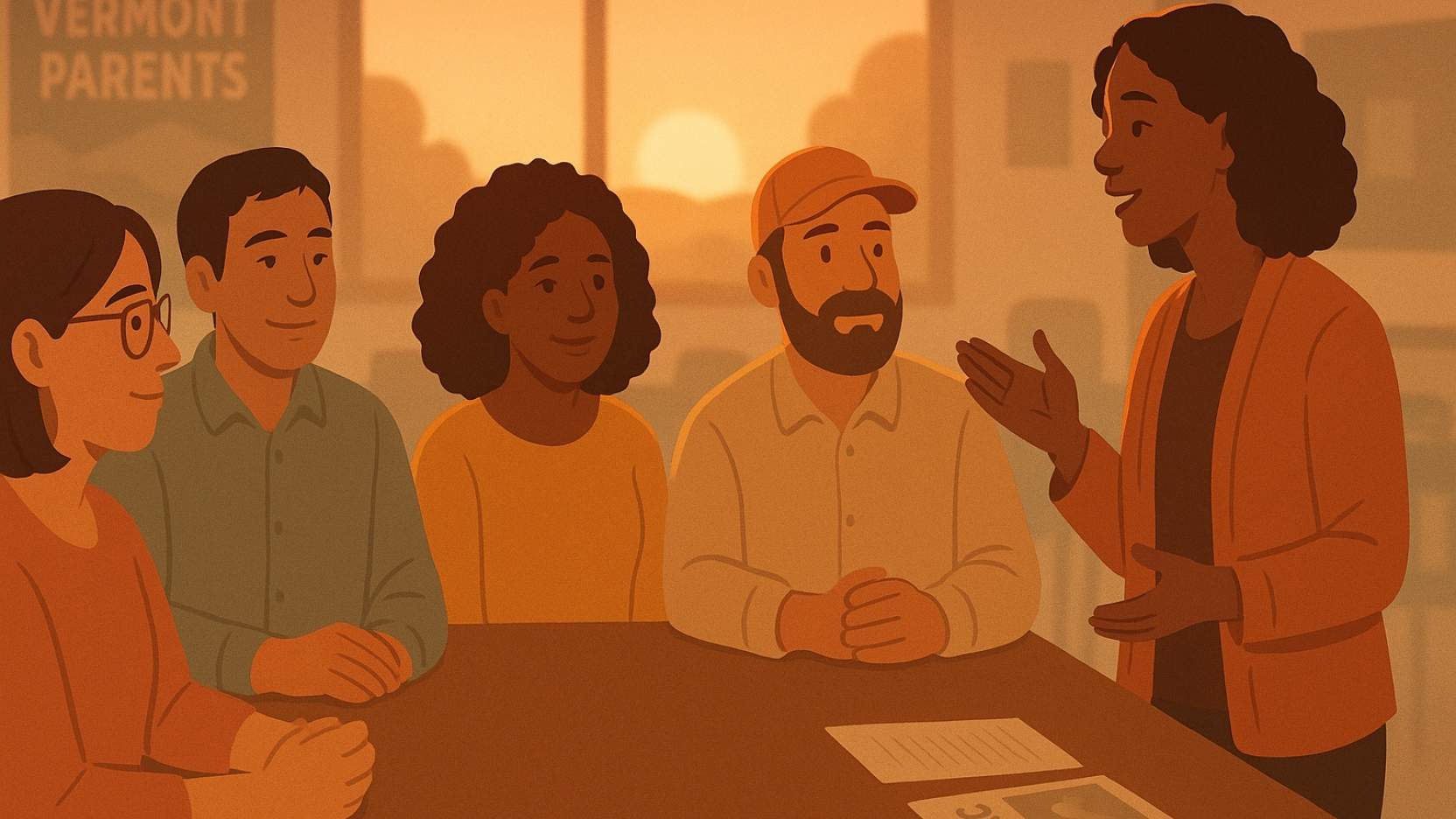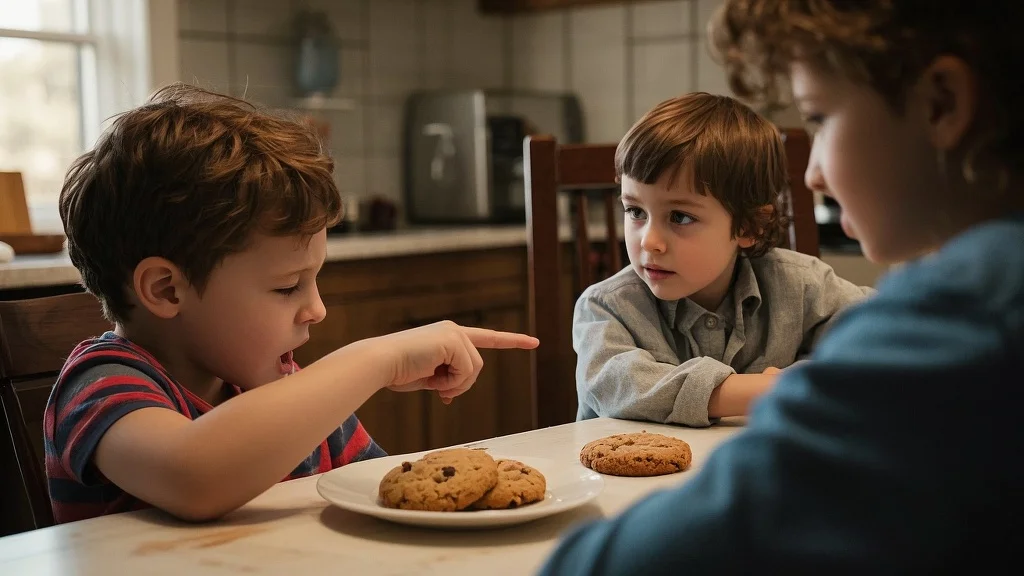🌤️ Introduction: A Quiet Shift With Big Outcomes
Across Addison County, a gentle but powerful change is reshaping family life. Through the Counseling Service of Addison County (CSAC), the Breakthrough Parenting Curriculum (BPC) helps caregivers understand trauma, build connection, and create calmer homes. Kim—a mother of three who once felt lost in daily chaos—now leads as a BPC Parent Peer Facilitator, showing how learning new tools can turn tension into trust.
🚀 A Parent’s Turning Point: Kim’s Path to Confidence
Before BPC, parenting felt like walking a maze without a map. After joining the program, Kim learned practical strategies (like staying regulated under stress and naming emotions) that made home life steadier and safer. Today she mentors others, proving that with guidance and peer support, confidence grows—and kids feel it, too.
What changed for Kim (and many parents)
- Clarity over confusion: Concrete skills replace guesswork.
- Calm first: Parents practice self-regulation before responding.
- Connection as strategy: Bonding becomes the foundation for limits and routines.

🧠 Trauma-Informed Basics: Understanding the “Why” Behind Behavior
BPC centers on a clear idea: behavior is communication. Coordinator Betsy King and Parent Peer Facilitator Virginia guide parents through developmental trauma—how early stress shapes nervous systems, coping patterns, and reactions. When parents see the “why,” they can respond with steadiness instead of shame.
Core trauma-aware practices
- Name it to tame it: Label feelings and sensations to lower stress.
- Co-regulation first: A calm adult helps a child’s body feel safe.
- Repair matters: When things go wrong, circling back to reconnect teaches trust.
BPC blends insights from co-parenting research and childhood PTSD studies, encouraging approaches that build resilience, emotional literacy, and consistent care.
🔄 Breaking the Cycle: From Reactivity to Repair
Generational patterns can feel automatic—raised voices, shutdowns, or power struggles. BPC disrupts these loops by teaching parents to pause, reflect, and choose a different next step. Over time, kids learn that home is a safe place to make mistakes, feel feelings, and try again.
Micro-skills that make a macro difference
- Pause–Breathe–Respond: A 10-second reset before speaking.
- Curious questions: “What happened right before?” reveals triggers.
- Predictable routines: Consistency reduces anxiety for everyone.
🤝 Village Power: Community That Heals Together
One of BPC’s strongest effects is connection. Parents who once felt alone meet others walking the same road—and that shared experience reduces shame and builds momentum. Families report quieter evenings, clearer communication, and more empathy at home. As more caregivers practice these skills, the county’s parenting culture slowly shifts toward kindness, skills, and science-backed care.

🌱 Lasting Impact: Skills That Grow With the Child
The real win is long-term. As parents and kids learn to notice feelings, repair conflicts, and keep routines, resilience compounds. Kim, Betsy, Virginia, and many local families show that with tools and support, the future doesn’t have to repeat the past—it can be calmer, kinder, and more connected.
Quick Takeaways
- Trauma-aware parenting is learnable and repeatable.
- Community support boosts follow-through and hope.
- Small daily practices add up to big, lasting change. 💚








